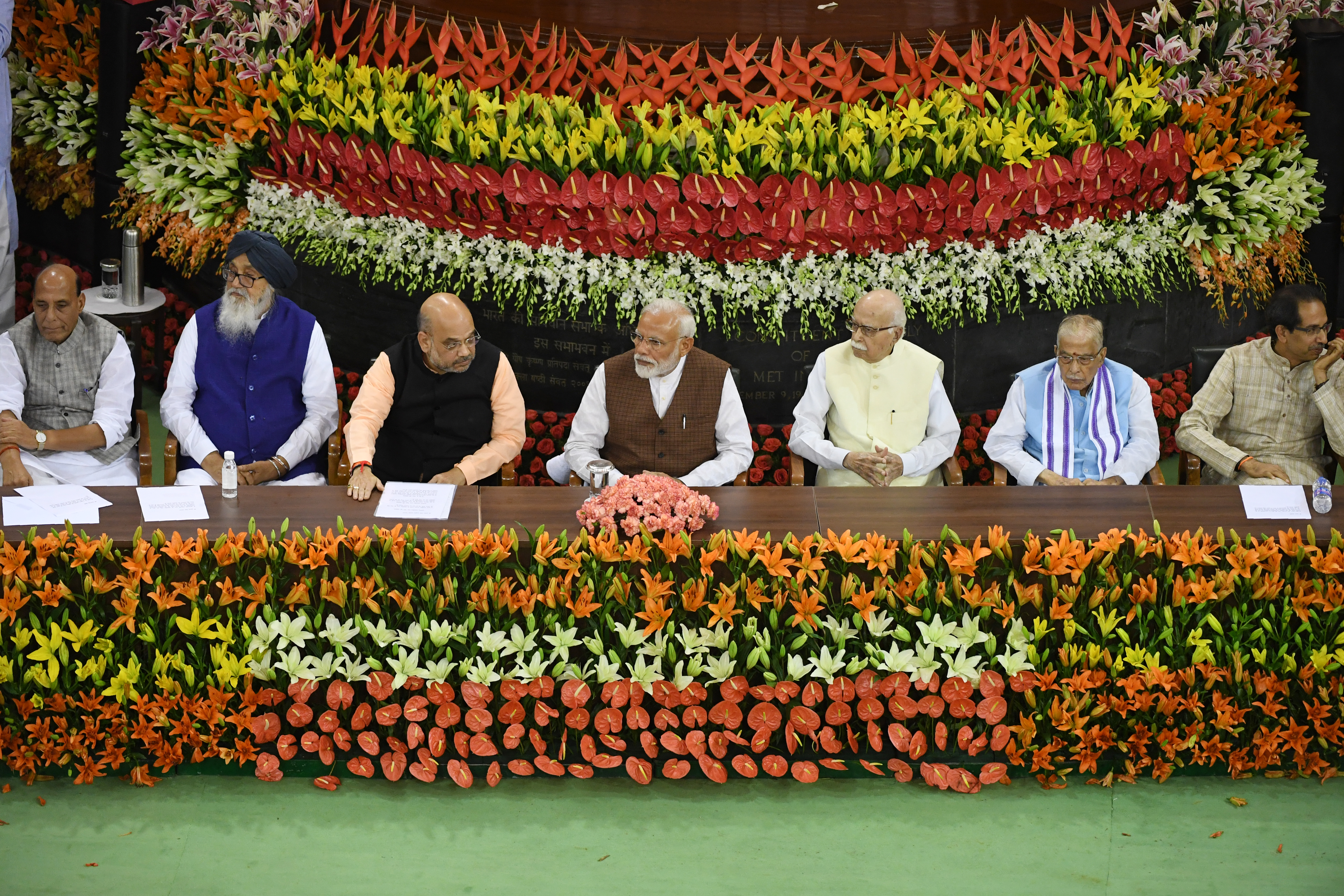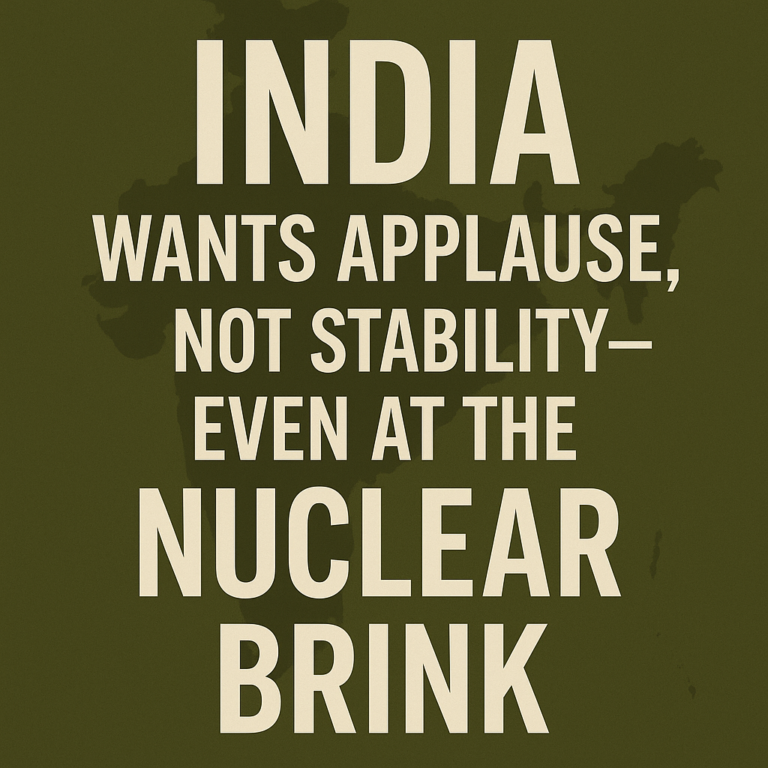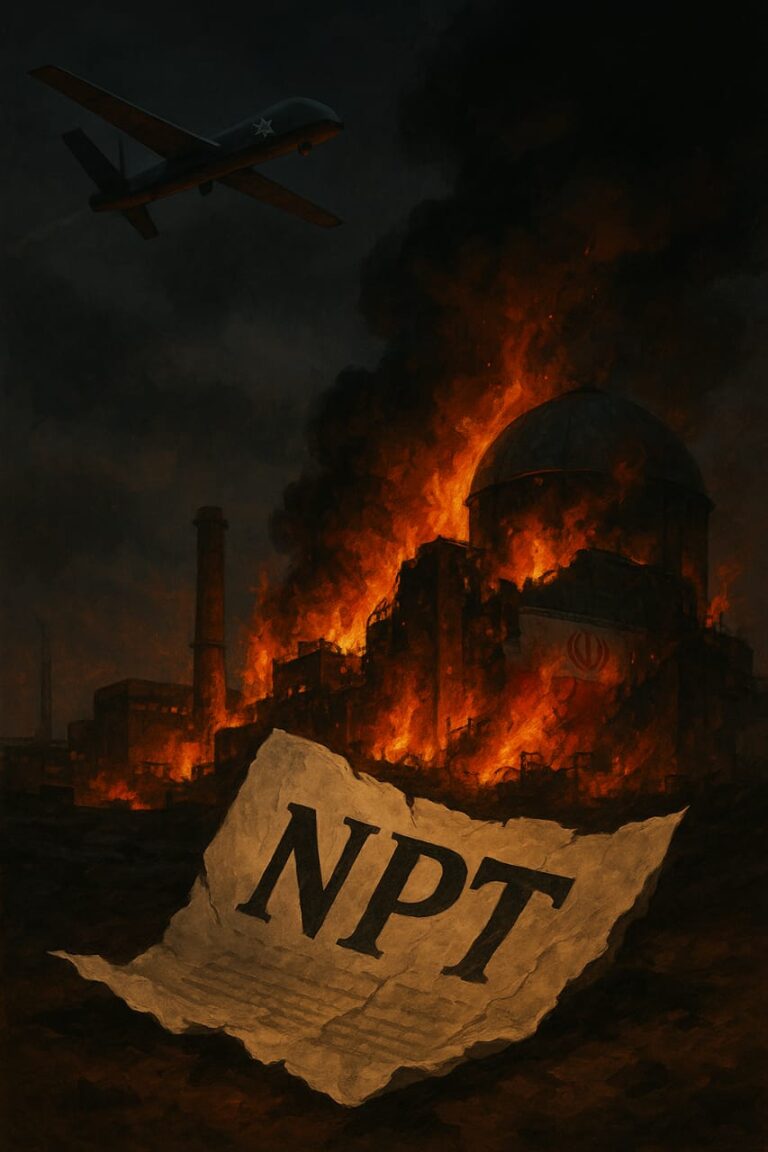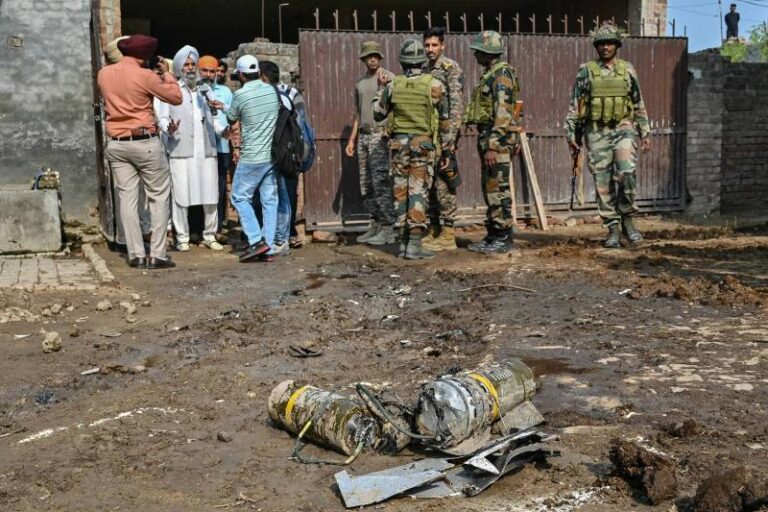
Indian designated Prime Minister Narendra Modi (4L) looks on as he sits next to Bhartiya Janta Party (BJP) President Amit Shah (3L) listens to during a National Democratic Alliance (NDA) meeting at the central hall of the parliament, in New Delhi on May 25, 2019. - Modi has been formally elected as leader of the Bhartiya Janta Party (BJP) led National Democratic Alliance (NDA) during the meeting. (Photo by PRAKASH SINGH / AFP)
Arshad Mahmood
India’s first minister of law and justice, Dr. Ambedkar while talking to the Indian Constituent Assembly in 1949 made these historic remarks: “We must make our political democracy a social democracy as well. A social democracy means a way of life which recognizes liberty, equality and fraternity as the principles of life. We must remove this contradiction at the earliest, or else those who suffer from inequality will blow up the structure of political democracy which this assembly has so laboriously built up.”
The methodical rise of BJP on Indian political structure and the successive wins of the right-wing Hindu nationalist Narendra Modi in the last two elections, marks the exit of left-liberalist ideology from the Indian political canvas. It also witnesses reshaping of the country’s structure of political democracy at the hands of hardcore post-realists who had long remained as low caste in the Indian society. That is what was speculated by Dr. Ambedkar seven decades ago.
Before hypothesizing as to what will be the shape of India’s future socio-political fabric, a re-appraisal of the transformation of Indian political culture is imperative. Political scientists argue that the concept of identity is deeply rooted in the history of mankind and plays a significant role in shaping a state’s domestic and international behaviour. Denoting people struggle for identity as politics of belonging, theorists divide it into four categories – regional, religious, racial and linguistic – relating them with a country’s domestic politics.

With respect to the Indian domestic politics, there exist two schools of thoughts in academic circles. The first one believes that identity politics and the present characteristics of intolerance and prejudice in the Indian society have not evolved overnight. Fault lines in diverse Indian society prevailed since 1947. Though, the cracks remained dormant during Nehru’s era, they kept growing gradually in size in various periods of the country’s history. Nehru chose secular face of the Indian society with a view to generate cohesion and sense of nationalism in the highly polarized society. However, he could not stop the growth of the Hindu fundamentalists as a parallel political force. In 1948, the Indian spiritual leader, Mahatma Gandhi opposed Congress’ decision of withholding payment to Pakistan, who, later on, was assassinated by a terrorist with a background of Hindu extremist organization – Rashtriya Swayamsevak Sangh (RSS), the central organization of Sangh Parivar. Presence of such elements in the Indian society never allowed Nehru to take any pragmatic steps in either maintaining cordial relations with Pakistan or holding plebiscite in Kashmir.
The second school of thought claims that the concept of politics of belonging crept in the Indian society as late as 1980s. Apart from the end of Congress supremacy and the departure of Nehru and his family from the country’s political scene, other factors responsible for this paradigm shift in the Indian societal behaviour include the rise of diverse political forces on the basis of religion, cast, creed and regional identity.
The most significant factor which transformed the fabric of the Indian society is the growth of Hindu fundamentalists in the vacuum created by INC and its leadership in the country’s political canvas. During their first elections for Lok Sabha in 1951, only 14 political parties contested for representation in the centre. Since then the size of the ballot paper has shown a constant increase. In 1989, the number of political parties contesting for the 7th Lok Sabha elections, reached 113. Whereas, a record 464 and nearly 500 political parties launched their candidates in the 16th and 17th Lok Sabha elections held in 2014 and 2019 respectively.
Amongst all new political actors, BJP emerged as the most successful political force which rose from gross-roots level to establishing government in the centre. BJP formed in 1980 was the rebirth of Bharatiya Jana Sing (BJS), which was founded by Prasad Mukharjee in 1951 in reaction to Nehru’s actions against RSS on its alleged role in assassination of Mahatma Gandhi. The right wing BJS had always existed as a parallel political stream alongside INC on the basis of its strong Hindutva ideology and stringent policies against Pakistan and China. The credit to inaugurate the nationwide drive towards banning cow slaughtering in 1960s also goes to BJS. Both BJS and its successor BJP have risen consistently on the Indian political horizon till its absolute supremacy in the 2014 elections.
In 1951 elections, BJS had secured only five seats whereas the figure reached to 93 seats in 1977 before it re-emerged as BJP. Initially, BJP leadership tried to follow a divergent path away from its predecessor BJS, but failed to make any impact in 1980 and 1984 elections. However, ever since it introduced hardcore rigorous policies against minorities (especially Indian Muslims) and neighbouring Pakistan, the trajectory of its performance in Indian general election has shown an upward trend. In 1989, BJP secured 89 seats in the 9th Lok Sabha elections. In ten years, the figure reached to 182 during 13th elections in 1999 and touched the record number of 282 and 303 seats in Lok Sabha polls held in 2014 and 2019 respectively.
In the contemporary Indian political culture, it has become rather customary to play the Pakistan card so as to earn popularity, win elections, remain in power and divert attention of their domestic as well as international audience away from internal vulnerabilities. Modi also grabbed landslide victory on the basis of his strong nationalist agenda – promotion of Hindutva, as well as exploiting anti-Pakistan feelings in masses. Though he introduced good economic reforms during his tenure as Chief Minister Gujarat, but his role in promoting Hindu-Muslim riots and killings of hundreds of Muslims overshadowed his achievements labeling him as a fanatic Hindu.
The Indian society today bears the following unique characteristics: (1) with approximately 1.3 billion citizens, India is though the world’s second largest population but ethnically and linguistically, a Hindu majority society; (2) with roughly 80 percent of Hindus, 14 percent Muslims and 2 percent Christians and Sikhs each, and 15 official languages, Indian is a highly complex society; (3) Hindutva ideology has transformed India into a highly intolerant society; (4) there exist three main characteristics of its social fabric – heterogeneity, externality and hierarchy – which are often manipulated by the Indian leaders as tools to achieve their vested interests such as election campaigns and foreign policy against Pakistan.
Conversely, the dynamics of Pakistan’s domestic politics are hundred-and-eighty degree different. There is no relevance of the India card either during election campaigns or after coming in power. At the Prime Minister Imran Khan’s oath taking ceremony last year, Khan never had to do cost-benefit analysis before inviting his Indian friends for ceremony. The world also witnessed General Bajwa’s spontaneous gesture of hugging Najvot Sing Sindhu, indicating that there prevails no prejudice in the hearts and minds of Pakistan’s top military elite for the people of India. Similarly, the President of Azad Jammu and Kashmir never displayed an iota of reservation from sitting next to Sidhu – a parliamentarian representing INC whose political forefathers have direct linkage in creating the Kashmir dispute. As a country aspiring to reach great power status in the comity of nations, India needs to show magnanimity and a desire to contribute towards peace and stability. An ideal start to this process would be to respond positively to Pakistan’s peace gestures rather than resorting to jingoism and sabre-rattling.
Arshad Mahmood is PhD Scholar in International Relations at the National Defence University, Islamabad





